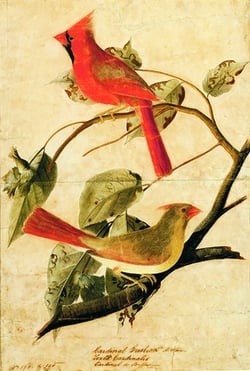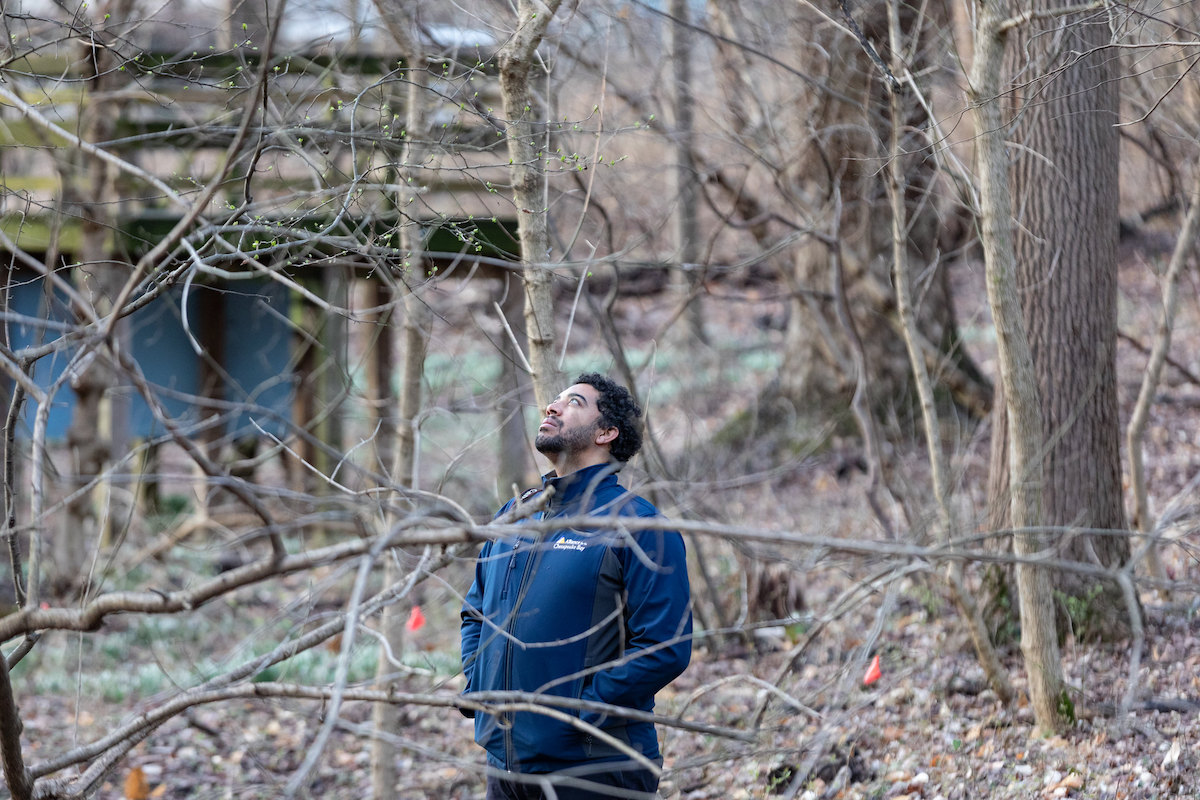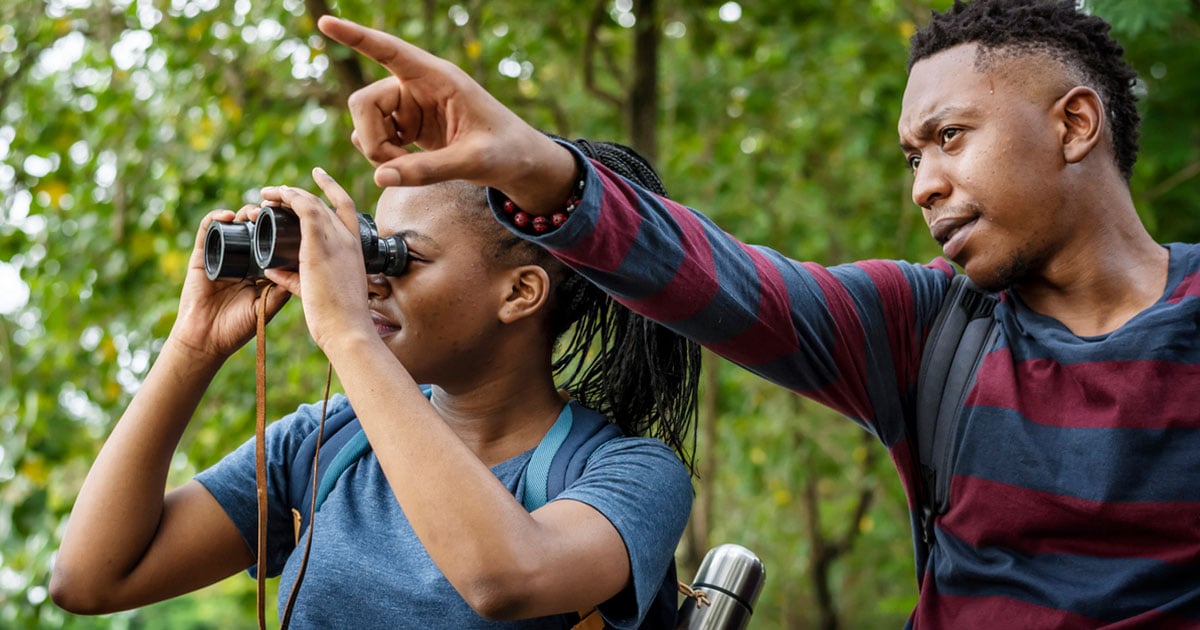The Audubon Naturalist Society, the DC area’s leading and oldest environmental organization, is changing its name. The group will now go by Nature Forward after a membership-wide vote to drop the ornithologist John James Audubon’s moniker from its title. This change comes as environmentalists grapple with Audubon’s controversial legacy as an enslaver who opposed abolition.
While several Audubon societies have debated name changes, Nature Forward may be the first major group in the country to actually enact one. The organization picked the new name for its emphasis on the future: “[It] reflects the impact we can have as stewards of the environment,” says executive director Lisa Alexander.

Nature Forward isn’t alone in its thought process. The National Audubon Society (NAS), which has nearly 500 chapters across the country, is also deciding whether to change its name. “[We are] currently undertaking a comprehensive exploration of John James Audubon in order to make a decision,” CEO Elizabeth Gray wrote in an email to Washingtonian. “The process includes engaging and deeply listening to members, staff, chapters, and others across and outside Audubon to better understand how to serve our community and carry out our mission of protecting birds and the places they need.”
Meanwhile, local NAS chapters are already making the decision for themselves. Earlier this year, the Seattle Audubon Society became the organization’s first chapter to publicly announce it would detach itself from Audubon’s name and “shameful legacy.” It has yet to select a new name.
The DC Audubon Society is also following suit, and has elected new board members who will decide on a revamped name, says Tykee James, the chapter’s president. “We aren’t going to forget the history of [Audubon],” he says. “But I definitely think we should reject any type of idealization of him and bring it back to what people really care about, which is building community for people with birds.”
For Nature Forward, the name change is only part of its effort to be more inclusive and diverse. The 125-year-old nonprofit, which operates two nature sanctuaries in Maryland and Virginia, has placed more people of color in leadership roles, created annual conferences to highlight Black and Latinx environmentalists, and added a wheelchair-accessible trail at its Chevy Chase headquarters, says Alexander. An accessible nature play area is in the works, too.
The organization also has a new logo: a multicolored, heart-shaped leaf from an Eastern redbud tree, which is native to the DC area. The leaf’s heart shape symbolizes love for community and nature, says Alexander, and its point represents an arrow facing toward a “greener future for the next generation.” The leaf is usually green, but the organization opted for bright colors to represent “nature in all four seasons” and its commitment to diversity and inclusion.














